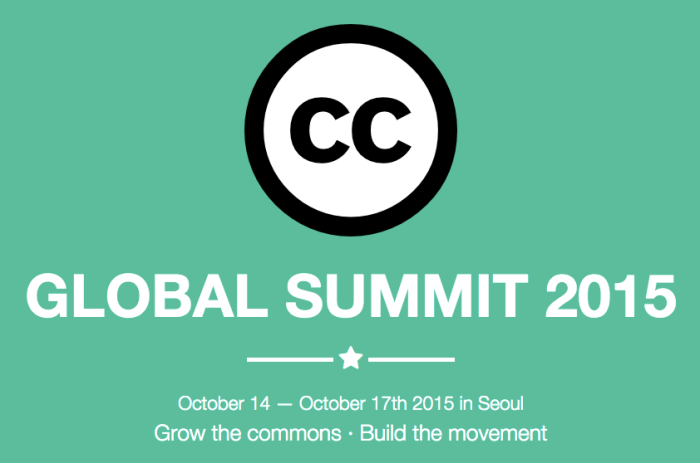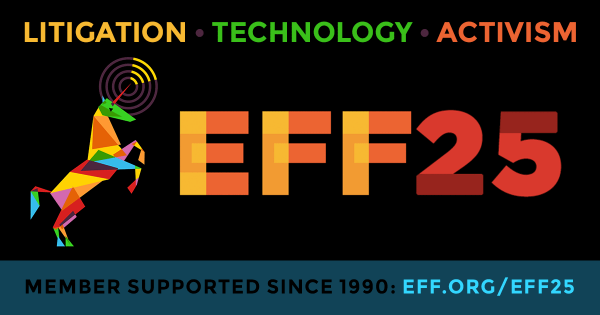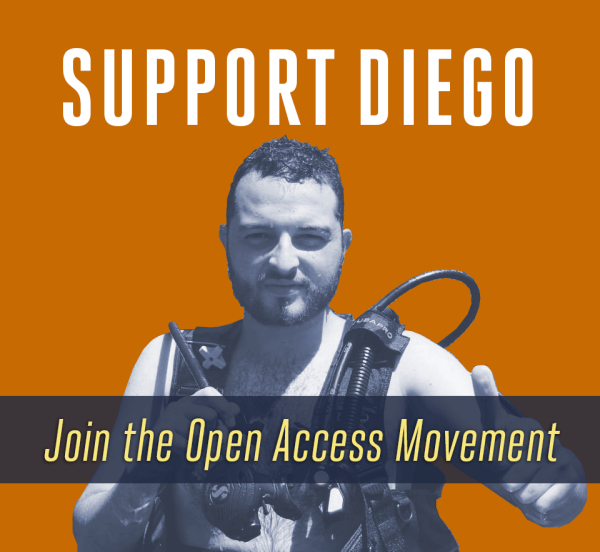Help Outernet and Creative Commons build a #LibraryFromSpace
lundi 13 juillet 2015 à 20:07
Hubble Space Telescope and Earth Limb / NASA on The Commons / No known copyright restrictions
If you could send a folder with 50 MB of content to every human on Earth, what would you include? This weekend Creative Commons volunteers and Outernet are hosting a CC Content Edit-a-thon to populate the first Outernet library to be broadcast from space. The edit-a-thon will take place at Mozilla Festival East Africa (MozFestEA) in a weekend-long track that will be kicked off Saturday morning by Outernet and CC volunteers from Uganda and Kenya. During the first hour, Outernet will introduce the initiative and set guidelines, and CC volunteers will provide basic knowledge and training about how and where to find open content. This first hour will be recorded and posted to the Outernet wiki and Outernet’s YouTube channel so that anyone in the world may participate.
Remote participation from anywhere in the world is encouraged! Here’s how you, your friends and colleagues can participate:
- Tell people about it! Send them to this blog post, or this one by Outernet, or http://editathon.outernet.is and tweet using #LibraryFromSpace.
- Re-post this on your own blog – this blog post is public domain (CC0).
- Register (free) to help Outernet anticipate the number of participants.
- Come to a physical edit-a-thon. In addition to the MozFestEA session in Kampala, Uganda, CC volunteers in Guatemala will host their own satellite edit-a-thon to start building a CC library in Spanish for Latin America. CC volunteers in Nigeria will participate remotely as well.
- On 18-19 July, head over to the Outernet wiki: https://wiki.outernet.is/wiki/Outernet_Wiki. Video, guidelines, directions, and the links to where you’ll be curating, creating, and editing open content will all be here. There will also be an open chatroom to communicate directly with MozFestEA participants and CC volunteers in Guatemala, Nigeria, and anywhere.
We hope to find and curate the best content for each country that is openly licensed or in the public domain. All new content created as part of this event will be licensed under the Creative Commons Attribution license.
In addition, Outernet is working on its CC platform integration to provide options for individuals who want to release their content into the public domain (via CC0) or under CC licenses.
Outernet and CC volunteers are building a library that everyone can enjoy, even without an Internet connection. Be one of the first to put content on its shelves!
More about Outernet
Outernet is Humanity’s Public Library, a free data signal broadcast from space that eludes censorship and is publicly editable. To receive the Outernet signal, a user can build their own receiver or purchase one from Outernet. Once an Outernet receiver is active, a user can browse the content they have received using any Wi-Fi enabled device.
More about MozFestEA
MozFestEA brings together different groups of people to build open innovative solutions and to brainstorm ideas and solutions to the current challenges in East Africa with the help of the web as a platform and web literacy. This years MozFestEA will take place at Victoria University in Kampala, Uganda on 17-19, July 2015.




